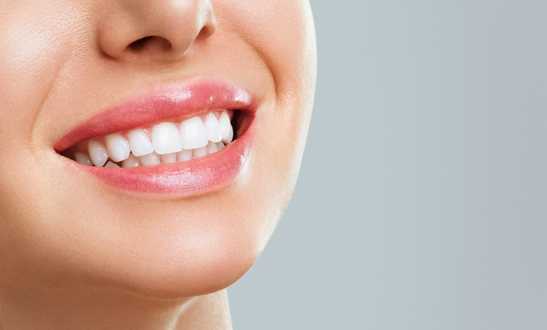
What is Teeth Whitening?
Teeth whitening is a cosmetic dental procedure used to restore the natural whiteness of teeth or make them whiter. This process aims to reduce or eliminate stains and discolorations that accumulate on the surfaces of teeth. Teeth whitening is a preferred option for many people who want to enhance their dental aesthetics.
Teeth whitening procedures are generally divided into two main categories:
At-Home Teeth Whitening: In this method, a teeth whitening product recommended by a dentist or dental professional (often in the form of gel or trays) is provided to the patient. These products typically contain hydrogen peroxide, and patients apply them to their teeth for a specified period. This method usually requires several weeks of at-home use and helps teeth whiten gradually.
Professional Teeth Whitening: In this method, a dentist or dental hygienist uses a more concentrated teeth whitening product and accelerates its effects with special light or laser. In-office teeth whitening provides faster results and is often completed in a single session, resulting in a more dramatic whitening of the teeth.
Teeth whitening aims to eliminate stains caused by habits such as smoking, drinking coffee or tea, and restore the natural color of the teeth. However, it may not be suitable for everyone, and a dental evaluation is recommended before undergoing teeth whitening. Additionally, it's important to note that teeth whitening is not a permanent solution; teeth can change color again over time, so regular maintenance may be necessary.
Step-by-Step Teeth Whitening
-
Examination and Assessment
-
Cleaning
-
Selection of Whitening Agent
-
Teeth Whitening Procedure
-
Check and Results
Who is Teeth Whitening recommended for?
Surface Stains on Teeth: Teeth whitening may be recommended to remove stains on the surface of teeth caused by habits that create stains, such as smoking, coffee, tea, or red wine.
Age-Related Color Changes: With age, the color of teeth can naturally change and begin to yellow. Teeth whitening can help reduce or eliminate age-related color changes.
Mismatched Tooth Colors: If there are color discrepancies among teeth, where some teeth are more colorful than others, teeth whitening can help equalize the color of teeth.
Special Occasions or Specific Needs: Individuals who want to achieve a whiter and more attractive smile before special occasions such as weddings, graduations, holidays, or special events may prefer teeth whitening.
Boosting Confidence: Teeth whitening is a cosmetic procedure used to boost individuals' confidence. Whiter teeth can help people feel better about themselves and smile more frequently.
However, teeth whitening may not be suitable for everyone and should be evaluated by a dentist. Especially in the following situations, teeth whitening should be done carefully or other options should be considered:
Individuals with sensitive gums or tooth sensitivity.
- Those who are pregnant or breastfeeding.
- Children and teenagers (teeth whitening is generally recommended for individuals over 18 years of age).
- In cases of severe enamel damage or erosion.
Teeth whitening should be performed under the supervision of a dentist or with their recommendation. Consulting a dentist is important for achieving ideal results and ensuring a safe procedure.

